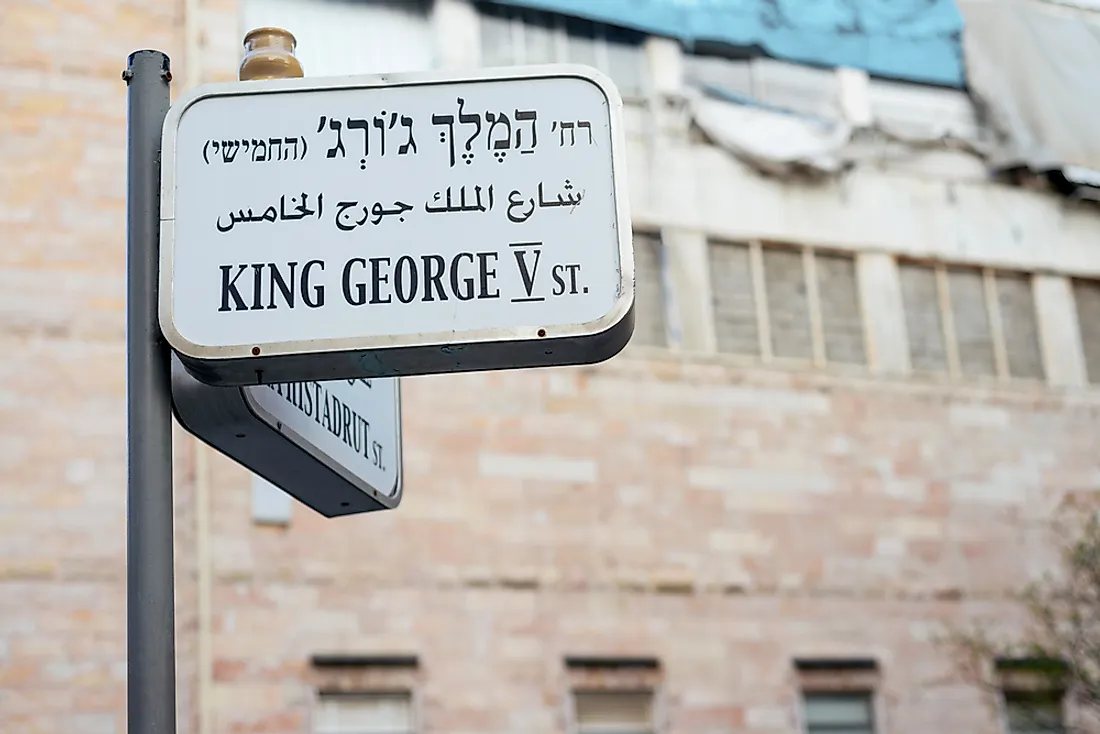What Language Do Palestinians Speak?
Unraveling the Linguistic Diversity of Palestine
Language is a powerful vessel of culture, history, and identity. In the heart of the Middle East, the Palestinian territories are a place of rich heritage and a complex sociolinguistic landscape. In this article, we will delve into the intriguing question: What language do Palestinians speak?
Understanding the Historical Context
To comprehend the linguistic tapestry of Palestine, we must first delve into its historical context. Over the centuries, the region has been influenced by various empires and cultures, each leaving a mark on the language spoken by the Palestinians.

Ancient Roots
The history of Palestinian languages dates back to antiquity, with traces of Aramaic and Canaanite languages found in ancient texts and inscriptions.
Arabic Dominance
Arabic is undoubtedly the most widely spoken language in Palestine today. It serves as the lingua franca among Palestinians and holds significant cultural and religious importance.
Palestinian Arabic: The Heart of Communication
Palestinian Arabic, often referred to as “Amiyya,” is the spoken language of the majority. It has its unique dialects, including those in the Gaza Strip, the West Bank, and East Jerusalem. While the written Arabic is Modern Standard Arabic, Palestinians use their own version in daily conversations.
The Impact of Arabic on Identity
Language plays a pivotal role in shaping Palestinian identity. It serves as a symbol of unity among Palestinians, transcending geographical and political boundaries.
Other Languages in Palestine
Apart from Arabic, Palestinians speak various other languages, reflecting the region’s diverse history and influences.
Hebrew
In Israel, where many Palestinians reside, Hebrew is commonly spoken. It is essential for daily life and communication, as well as a connection to the Israeli society in which they live.
English
English has gained prominence in Palestinian education and business. Many Palestinians are fluent in English, which opens up opportunities for international communication and commerce.
Minority Languages
Small communities of Palestinians speak minority languages like Armenian and Russian, often preserving their ancestral linguistic heritage.
Language and Politics
The political landscape of Palestine has a significant impact on language use. The conflict with Israel has fueled debates over language, with issues like language education and preservation being vital components of the struggle.
Arabic as a Symbol of Resistance
For Palestinians, Arabic is not only a means of communication but also a symbol of resistance against cultural assimilation and displacement.
Conclusion
In conclusion, the question of what language Palestinians speak is multifaceted. Arabic stands at the core, serving as the backbone of Palestinian identity and culture. However, the linguistic diversity within the region reflects the historical influences and unique experiences of its people.
FAQs
1. Is Arabic the only language spoken in Palestine?
No, Arabic is the most widely spoken language, but Palestinians also speak Hebrew, English, and various minority languages.
2. How does language relate to the Palestinian identity?
Language, particularly Arabic, is a symbol of unity and resistance, integral to shaping Palestinian identity.
3. Are there efforts to preserve minority languages in Palestine?
Yes, there are initiatives to preserve minority languages, but they face challenges due to the political context.
4. What role does language play in the Israeli-Palestinian conflict?
Language is a critical aspect of the conflict, with debates over education and cultural preservation being central.


